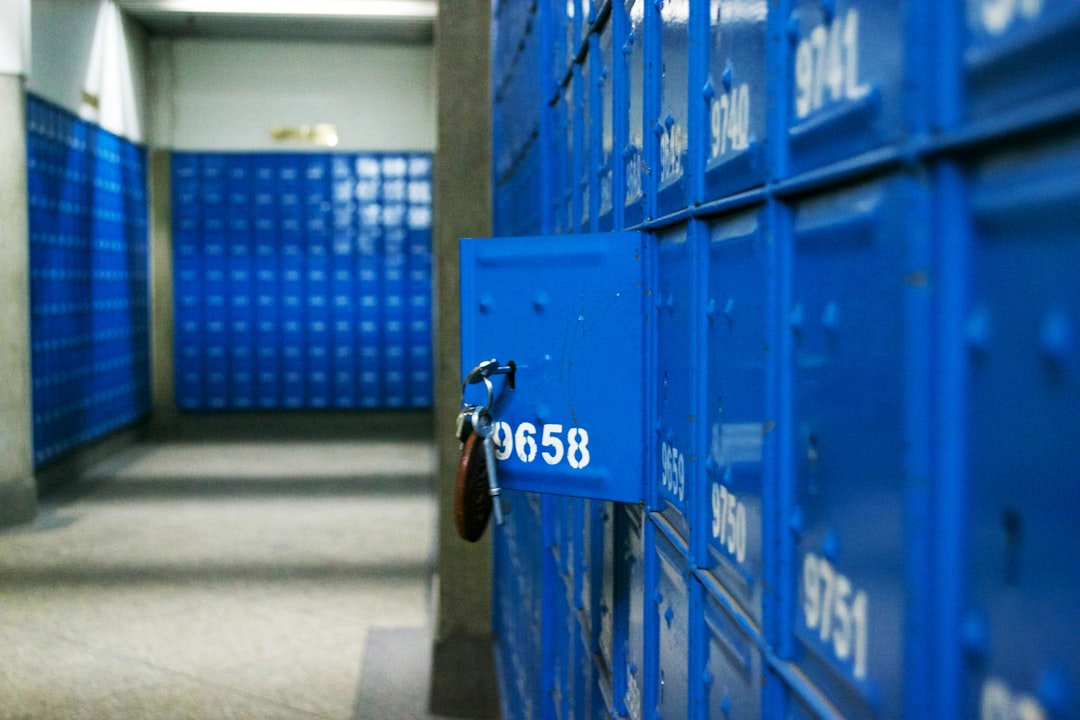Renting a storage unit can provide a convenient solution for people needing extra space, whether during a move, for seasonal storage, or simply for decluttering. While the process may seem straightforward, prospective renters often have questions surrounding important aspects such as insurance, locks, and contracts. Understanding these details before signing an agreement can help avoid confusion and offer peace of mind throughout the rental period.
Why Insurance Matters for Storage Units
One of the most essential factors in renting a storage unit is determining whether your belongings are protected. Storage facilities may take reasonable steps to secure their property, but that doesn’t always extend to your items.
Storage insurance is crucial to safeguarding your possessions from potential threats such as theft, fire, flooding, or other unforeseen damages. In many cases, storage companies will either offer insurance directly or require that renters carry their own.
There are typically three ways storage insurance works:
- Homeowners or renters insurance: Some policies may cover items stored off-site. However, coverage limits often apply, and certain types of damage may not be included.
- Facility-offered insurance: Storage facilities often provide access to third-party insurance plans. These policies can vary, so reading the fine print is important.
- Independent insurance providers: Some renters choose to purchase standalone policies for more comprehensive or tailored coverage.
It’s essential to provide documentation of your insurance coverage when renting a unit if the facility requires proof. Additionally, always thoroughly catalogue the items you’re placing into storage and take photos for your records in the event you need to file a claim.

The Importance of a Good Lock
While most storage facilities have perimeter fencing, surveillance cameras, and gated entries, the lock on your unit is your first line of defense against theft. The variety of locks available can be overwhelming, but choosing the right one can make all the difference in your belongings’ safety.
There are several popular types of locks to consider:
- Disc locks: Known for their durability and resistance to bolt cutters, disc locks are a top choice among professional storage users.
- Closed shackle padlocks: These locks have restricted access to their shackle, making it harder for thieves to cut them open.
- Cylinder locks: Often used in indoor storage units, they offer a high level of security and are built into the actual door.
Many facilities recommend or even require a particular type of lock. In general, the more robust the lock, the better your unit is protected.
Some storage facilities may sell locks on-site for the renter’s convenience. While this is handy, renters should avoid cheap combination locks or standard padlocks, which can be easily tampered with by intruders.
Using a personal, high-quality lock provides an additional layer of accountability and shows that you’ve taken measures to secure your items seriously.

What to Know About Storage Unit Contracts
Before moving your items into a storage unit, you’ll be required to sign a rental agreement. This legally binding contract outlines the terms and conditions of your storage arrangement and protects both the renter and the facility.
Key components typically included in a storage unit contract are:
- Rental duration: Most storage facilities offer monthly rentals, which are automatically renewed unless terminated with proper notice.
- Payment terms: The contract will specify how much rent is due, payment methods accepted, and the due date. Some may charge late fees or lock you out of your unit for non-payment.
- Access hours and policies: Not all storage units are accessible 24/7. The contract should outline available hours and any entry limitations.
- Prohibited items: Items like firearms, flammable materials, food, or illegal goods are usually banned from storage, and storing them could be grounds for contract termination.
- Termination clause: You’ll want to understand how much notice is required to cancel your contract to avoid unnecessary charges.
It’s important to read the fine print and ask the storage provider any questions you may have before signing. A little due diligence can help prevent misunderstandings and ensure a smooth storage experience.
Responsibility and Liability
While insurance helps mitigate risk, it’s crucial to understand the limits of facility liability. Most storage companies make it very clear in the contract that they are not responsible for the loss or damage of your items. This includes everything from water damage to pest damage or theft.
Additionally, renters should know that failing to keep up with payments could result in the facility gaining lien rights. This means the storage provider could auction off the contents of your unit after a certain period of non-payment, generally after giving sufficient notice.
This is where reading your contract and understanding local laws becomes essential. Renting a storage unit is like leasing property—it requires attentiveness and responsibility on the part of the renter.
Tips for a Successful Storage Experience
Here are some final tips to consider for those new to using a storage unit:
- Inventory your valuables: Keeping a list of everything in your storage unit can help manage your personal records and aid in any potential insurance claims.
- Use proper packing materials: Invest in sturdy boxes, plastic totes, and quality padding to keep your items undamaged.
- Elevate items from the floor: Use pallets or shelving to reduce risks from possible leaks or condensation.
- Label everything: Clear labeling on boxes will make accessing your stored items less of a hassle later on.
- Visit regularly: Occasionally checking in on your unit can alert you to any problems before they escalate.
Renting a storage unit is more than a monthly fee—it’s a commitment to preserve the valuables you can’t keep immediately at hand. By understanding the essentials of insurance, lock security, and contract terms, renters can feel confident and in control of their extra storage space.
Frequently Asked Questions (FAQ)
-
Do I need insurance for my storage unit?
Yes. Most facilities either require insurance or highly recommend it. You can use your existing homeowners/renters insurance or buy a policy through the facility or an independent provider. -
What type of lock is best for a storage unit?
Disc locks and cylinder locks are considered the most secure. Avoid standard padlocks or combination locks whenever possible. -
Can the storage facility access my unit?
Usually not, unless there’s an emergency or you’re in violation of the rental terms. Always refer to your contract for specifics. -
What items are prohibited in a storage unit?
Commonly prohibited items include perishable foods, explosives, firearms, stolen goods, flammable materials, and illegal substances. -
How long is the typical rental term?
Most storage units are rented on a month-to-month basis, giving you flexibility. Be sure to understand the cancellation policy before ending your contract. -
What happens if I stop paying for my unit?
After a specified period and notification, the storage facility may place a lien on your unit and auction off your belongings. This process and timeline should be outlined in your contract. -
Can I switch units if I need more or less space?
Yes, most facilities allow renters to upgrade or downgrade, depending on availability. It may require signing a new agreement. -
Are storage units climate-controlled?
Some are. Climate-controlled units are great for storing electronics, documents, and delicate items. Be sure to ask if this feature is necessary for your belongings.

